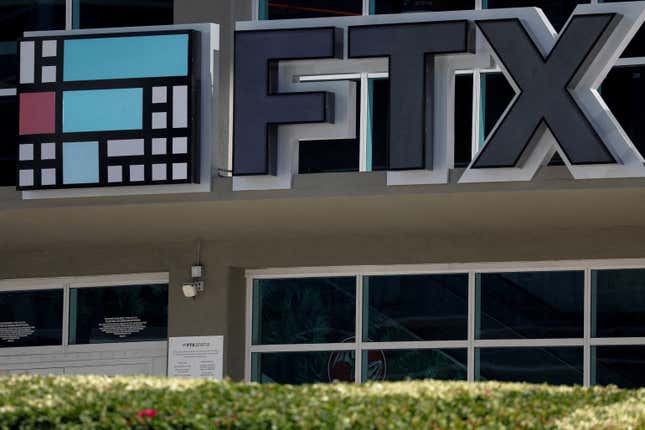
No one is sure who works at FTX.
In a Nov. 17 court filing, John Ray III, FTX’s new CEO, said he hadn’t yet got a handle on who worked at the cryptocurrency exchange, which filed for bankruptcy this week after one of the most sudden and spectacular collapses in the young sector’s history.
Ray took over from former CEO and co-founder Sam Bankman-Fried, known as SBF, to try and recover some of the company’s reported $8 billion shortfall.
The people now running the firm “have been unable to prepare a complete list of who worked for the FTX Group as of the Petition Date, or the terms of their employment,” Ray reported in the filing. “Repeated attempts to locate certain presumed employees to confirm their status have been unsuccessful to date.”
Corporate culture at FTX
Just as it’s impossible right now to say exactly who worked at the company, it’s impossible yet to know the extent to which other individuals are implicated in the chaotic practices which SBF and senior management allowed to proliferate, and which ultimately brought down the exchange.
“Never in my career have I seen such a complete failure of corporate controls and such a complete absence of trustworthy financial information as occurred here,” Ray wrote in the filing.
Those failures apparently included lax HR practices for a company as complicated as FTX. According to Ray’s filing, “FTX Group’s approach to human resources combined employees of various entities and outside contractors, with unclear records and lines of responsibility.”
Before the firm’s collapse, observers had pointed to an “unusual corporate culture” among its 300 or so employees, which included some employees living together and having romantic relationships, according to the New York Times.
Since everything fell apart, many of those employees are feeling “sick with anger” according to The Wall Street Journal—perhaps because they had also bet on the product and seen their money disappear. Many resigned in dismay.
A core team fights on
Amidst the debris, however, some who worked at the failed firm are still toiling away, trying to sort some of it out, Ray said. A “core team” was working hard to help him establish the facts of the collapse, and recover some of the lost money. Ray suggested that those people would keep their jobs for some time to come, and that others might also be hired to help facilitate the process.
“As Chief Executive Officer, I am thankful for the extraordinary efforts of this group of employees, who despite difficult personal circumstances, have risen to the occasion and demonstrated their critical importance to the Debtors,” who are now running the company, he wrote.